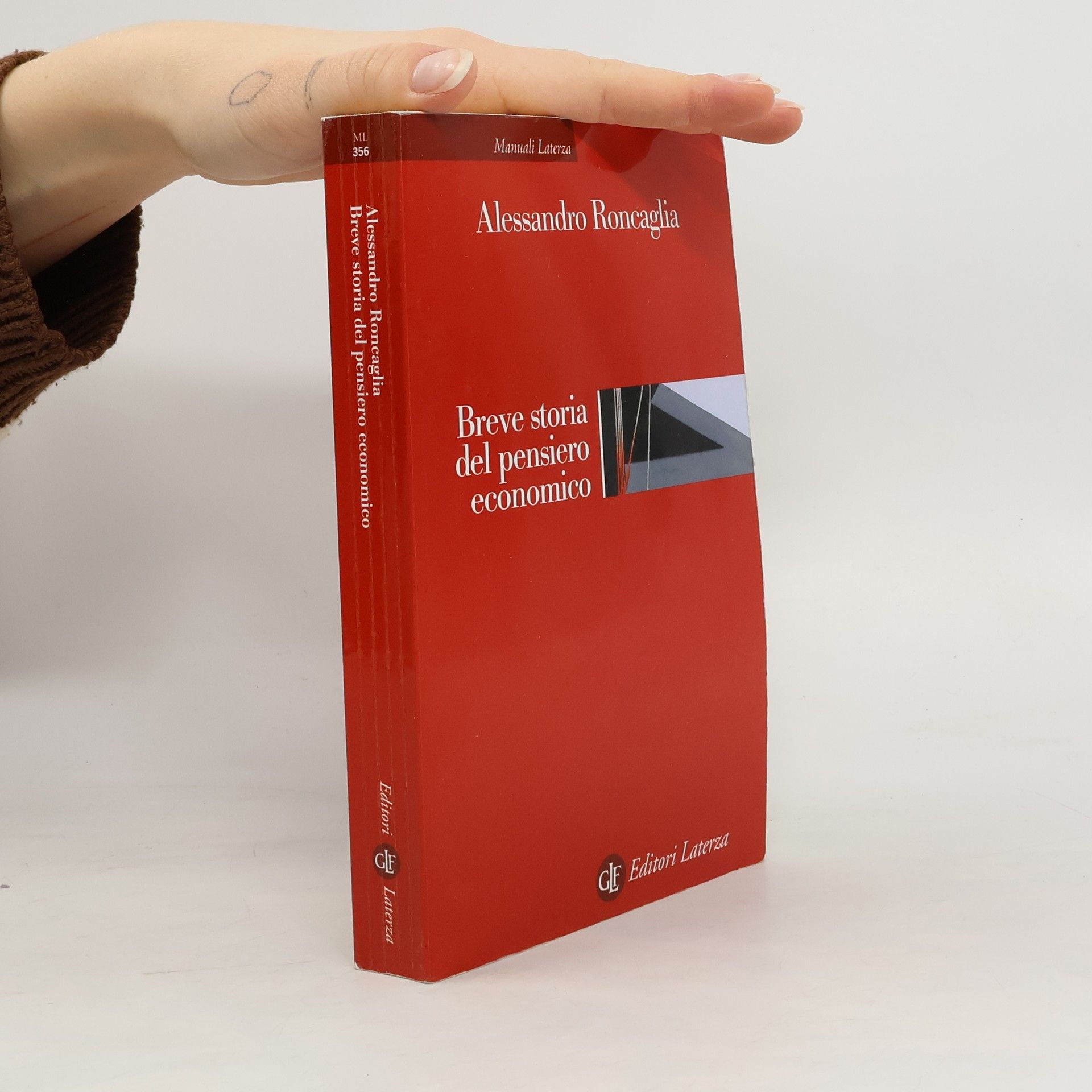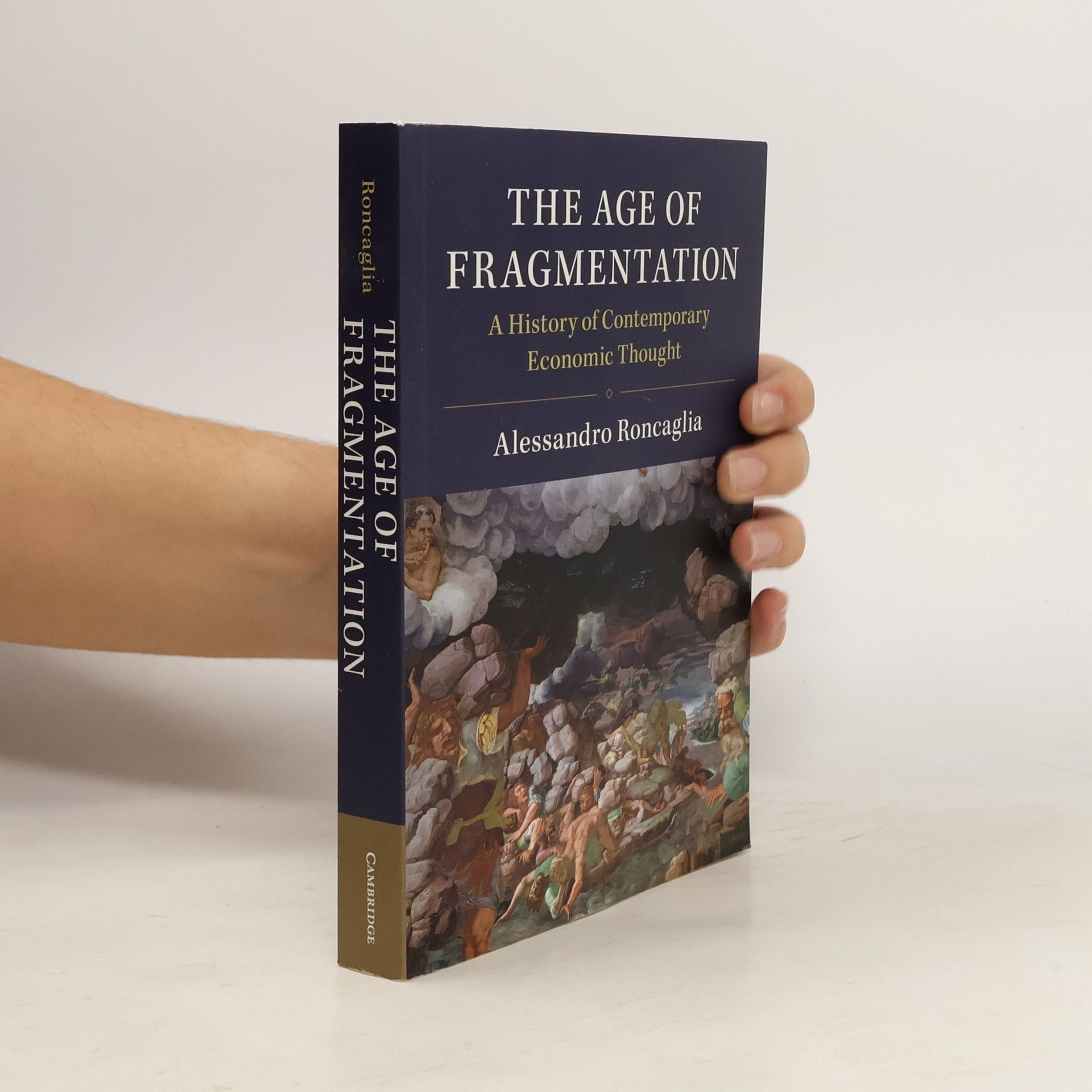Exploring the connections between Sraffa and influential thinkers such as Gramsci, Keynes, and Wittgenstein, this book offers a comprehensive analysis of Sraffa's contributions to economic theory. It provides an authoritative interpretation of his seminal work, "Production of Commodities by Means of Commodities," highlighting its significance and impact on economic discourse. The study delves into the intellectual exchanges that shaped Sraffa's ideas and their relevance in contemporary economic thought.
Alessandro Roncaglia Livres





Power is a multi-dimensional notion, involving politico-institutional, social, economic and cultural elements, leading to a multi-dimensional set of inequalities. Analysis of these elements is a prerequisite for devising policies aiming to reducing social inequalities through a strategy of reforms
The field of economics has proliferated in complexity and importance since the Second World War. Alessandro Roncaglia recounts the history of the different approaches (marginalist, neoclassical, Keynesian, Austrian, monetarism, rational expectations, institutionalist, evolutionary, classical-Sraffian) and the different fields (micro, macro, money and finance, industrial and game theory, institutions, public finance, econometrics), illustrating the thought and personality of the most important contemporary economists (from Hayek to Sraffa, from Modigliani and Samuelson to Friedman, from Simon to Sen, and many others), focusing on the conceptual foundations of the different streams. At the same time he appraises critically the important debates and controversies in the field and concludes by discussing possible future directions for economic thought. This follow-up to The Wealth of Ideas: A History of Contemporary Economic Thought is a readable introduction to the contemporary economics discourse, accessible to economics students and informed general readers, and an important complement for advanced students and economists active in specialized fields.
Una ricostruzione del pensiero economico, dall'antichità classica ai giorni nostri. L'autore presenta con rigore e senza inutili tecnicismi tanto le opere dei grandi classici come Smith, Ricardo, Marx, Keynes, Schumpeter, Sraffa, quanto i contributi delle varie scuole, come i fisiocrati, i ricardiani, la scuola austriaca. Particolare attenzione è dedicata agli sviluppi più recenti, dal secondo dopoguerra all'inizio del terzo millennio. Un libro per tutti coloro che vogliono comprendere le radici dei dibattiti economici dei nostri giorni. Dietro le divergenze sulle scelte di politica economica, infatti, vi sono contrasti tra concezioni diverse dell'economia; gli stessi concetti-base, come valore, mercato, prezzo, equilibrio, assumono significati diversi nel contesto della concezione classica, marginalista, keynesiana.
Handbuch der modernen Wirtschaft
Ursprung, Problemzustand, Entwicklungstendenzen
- 264pages
- 10 heures de lecture